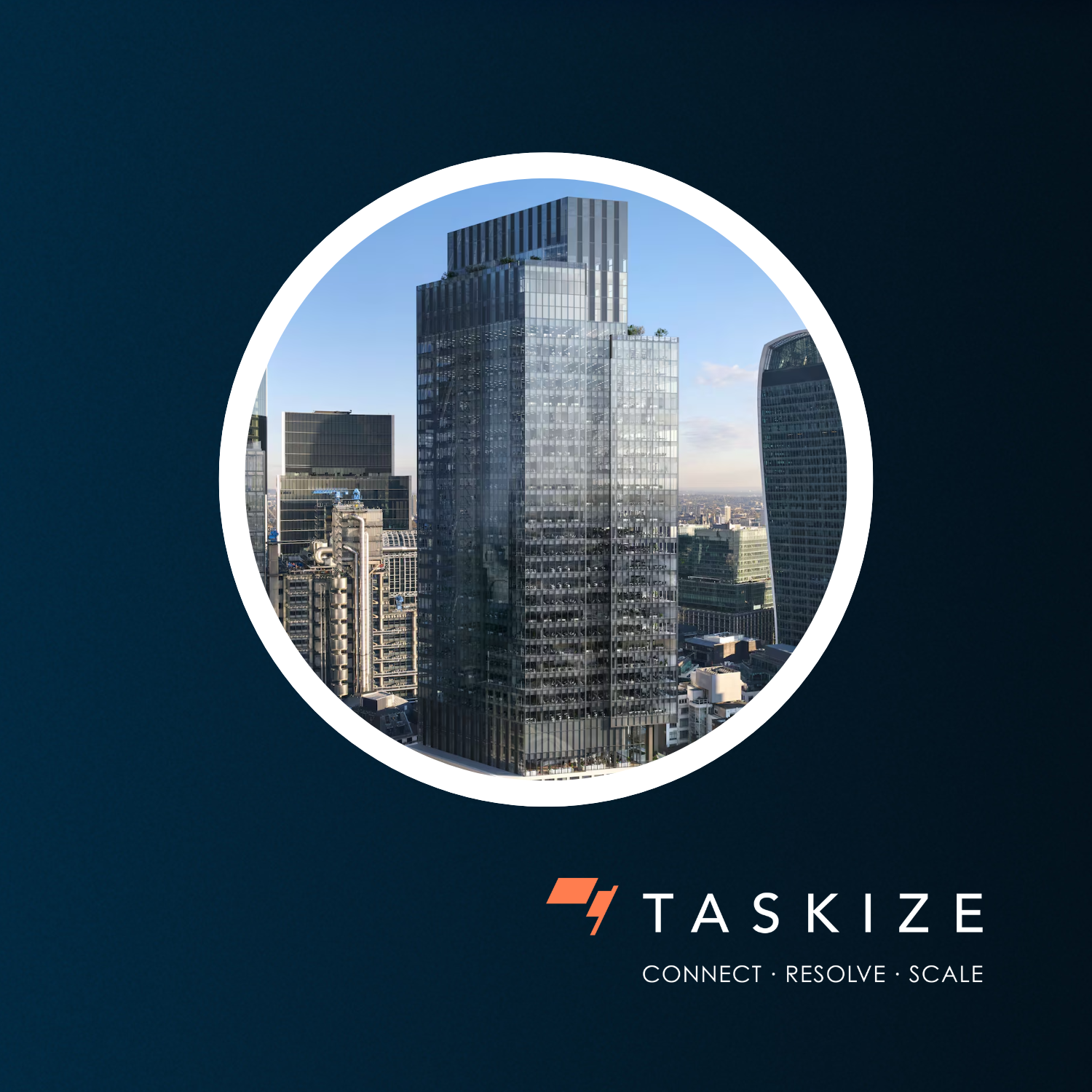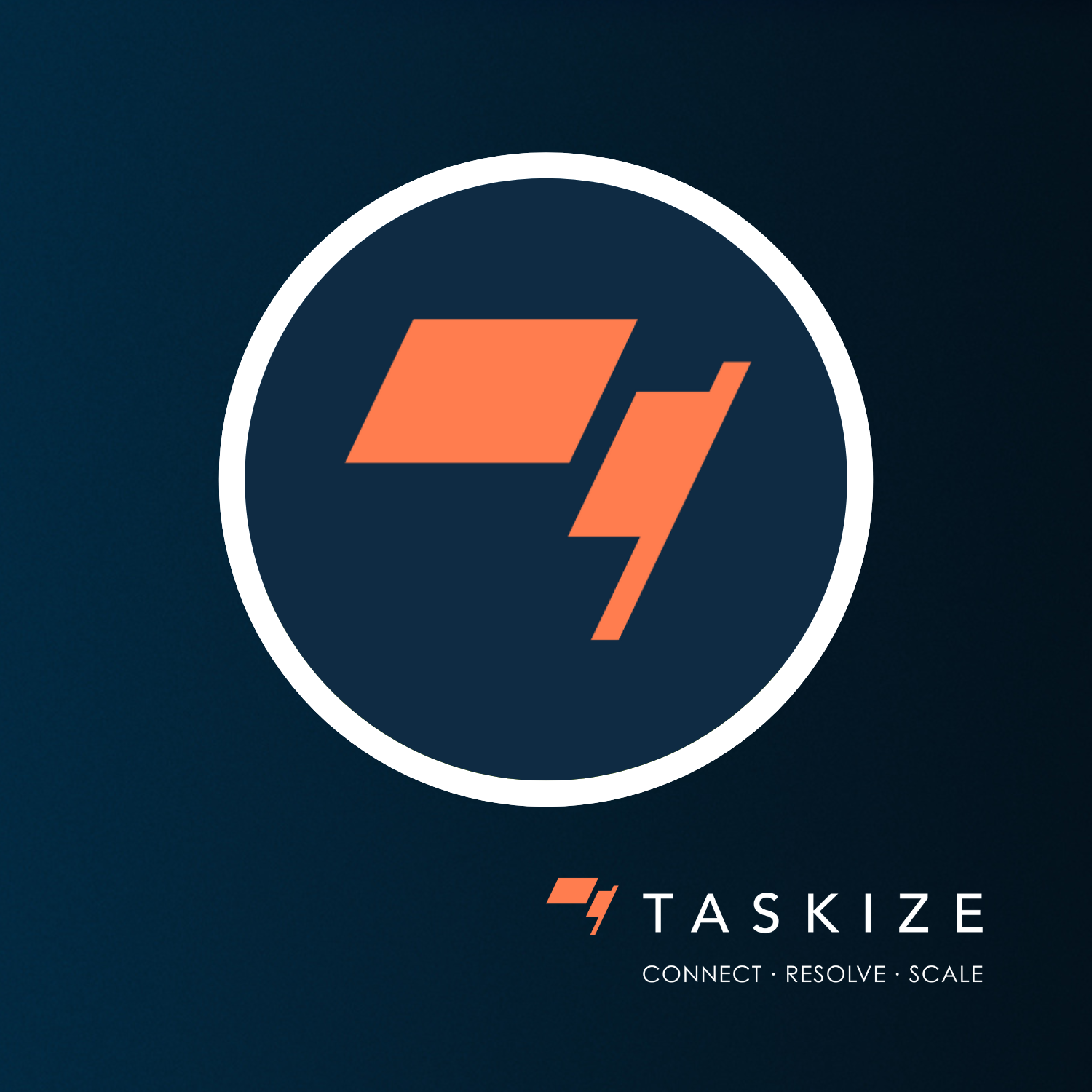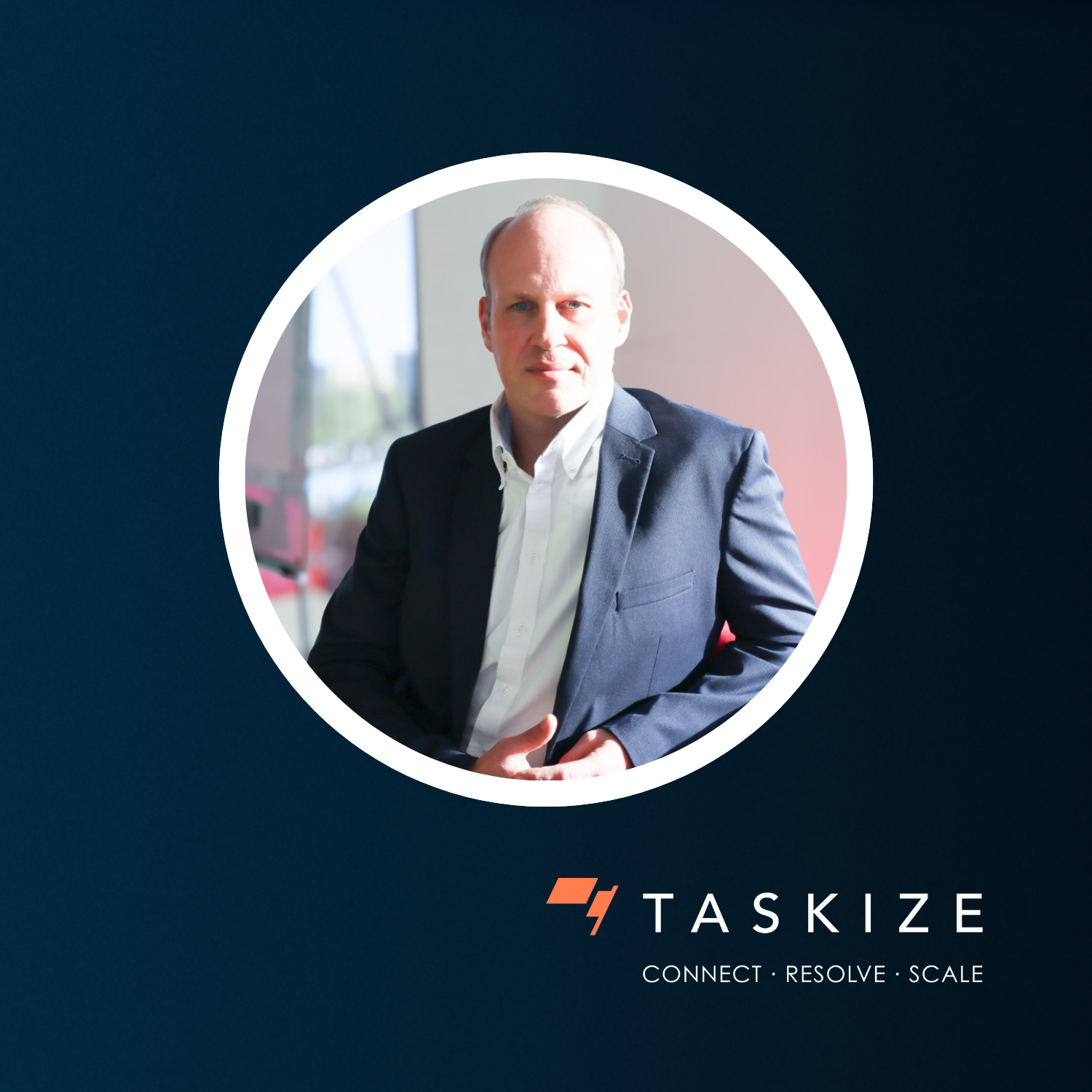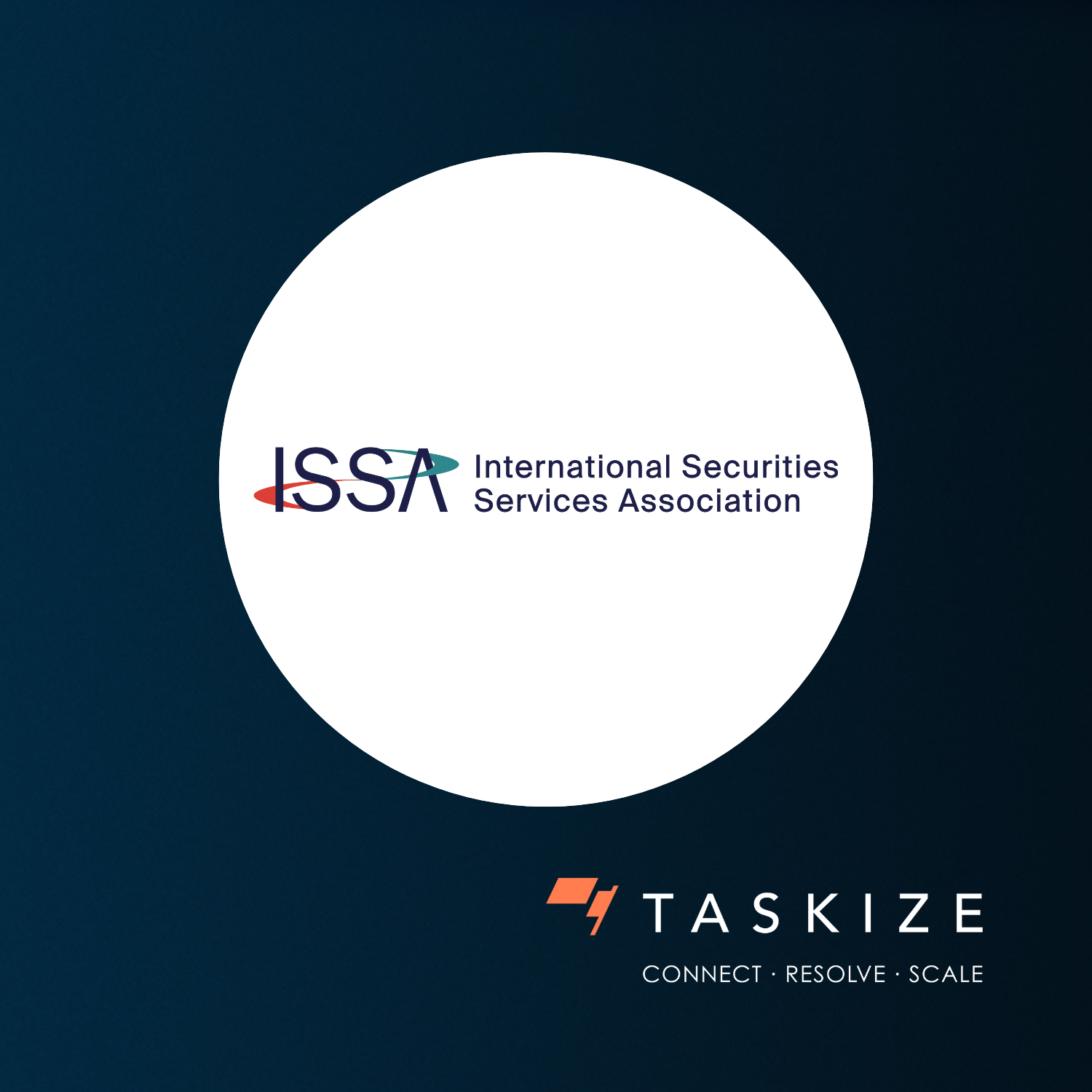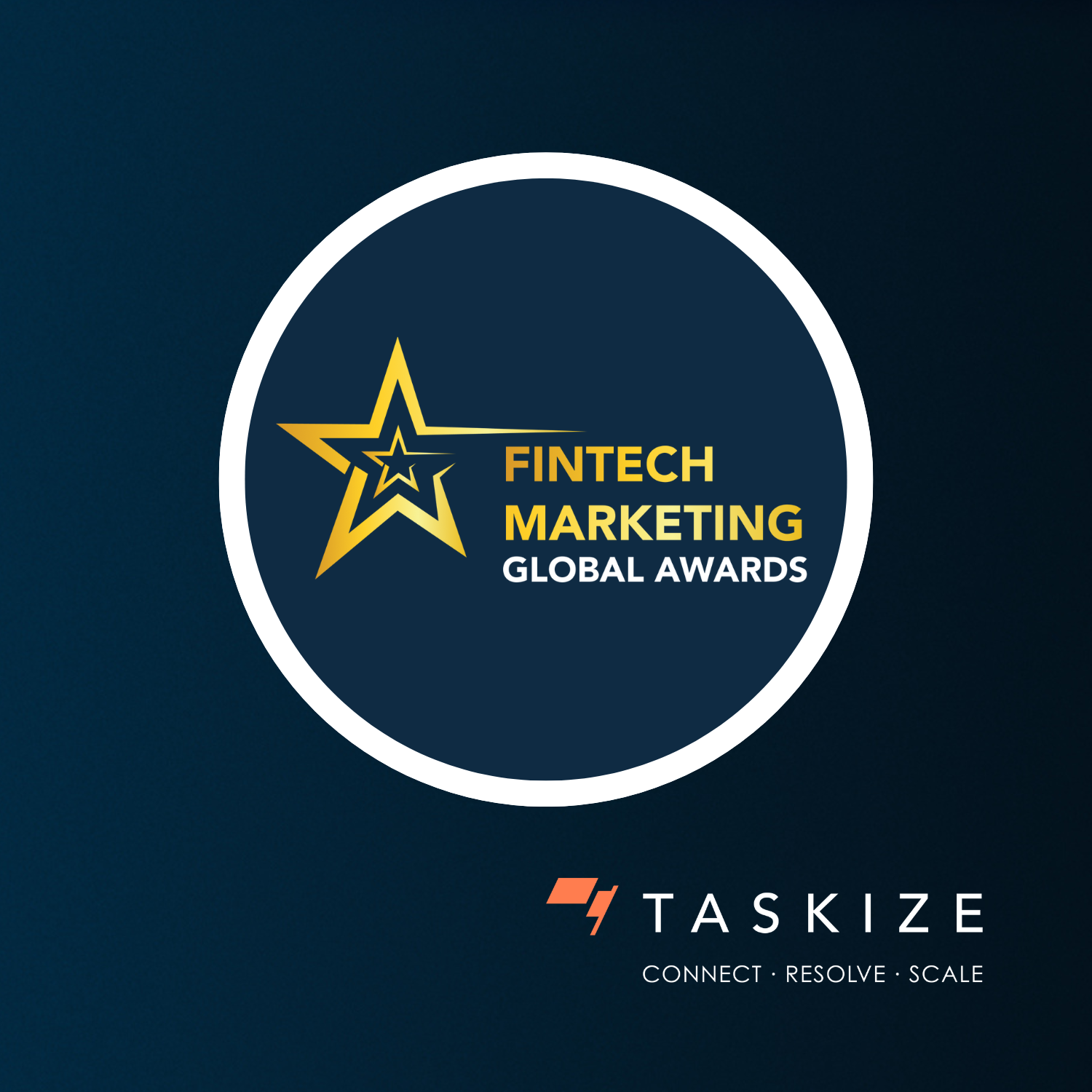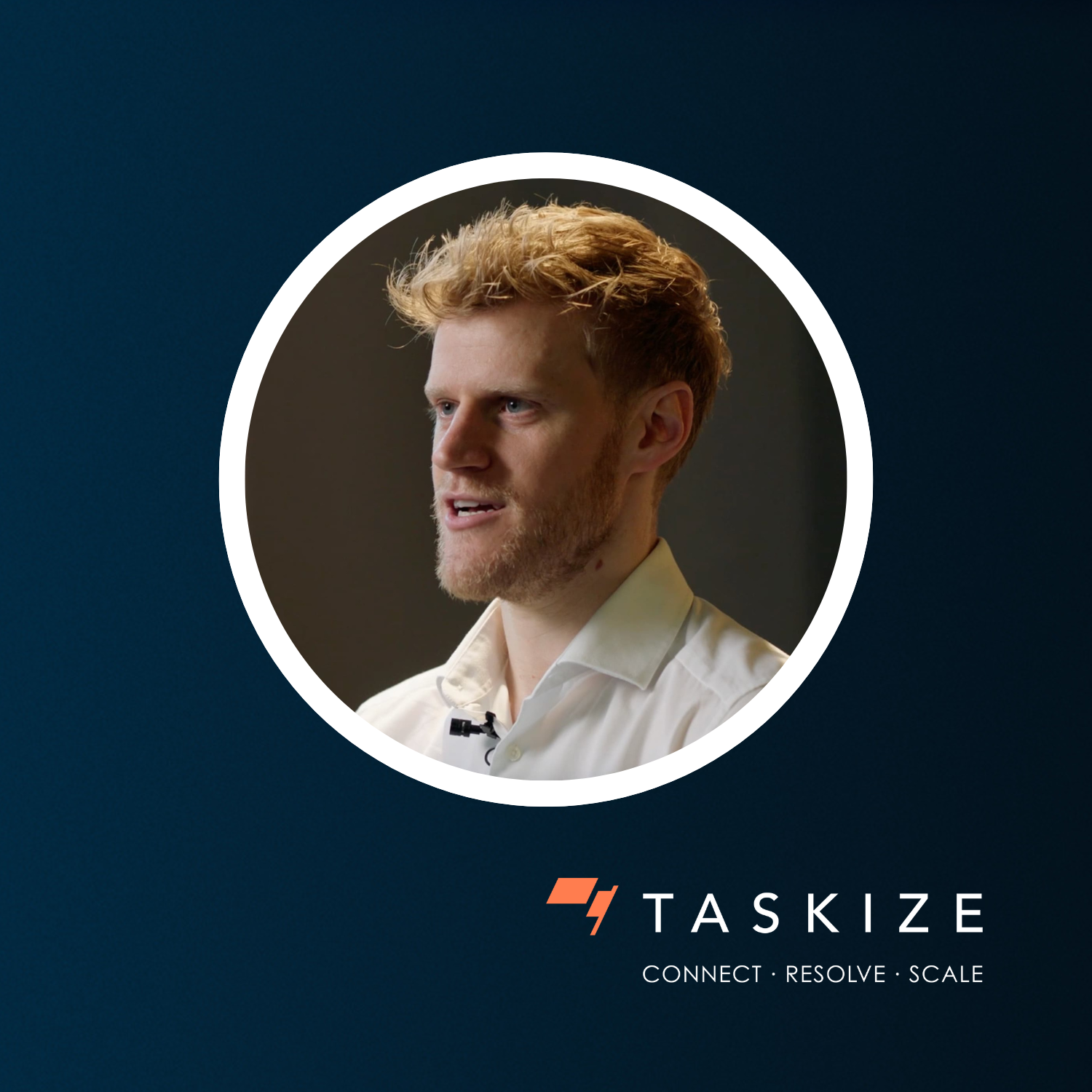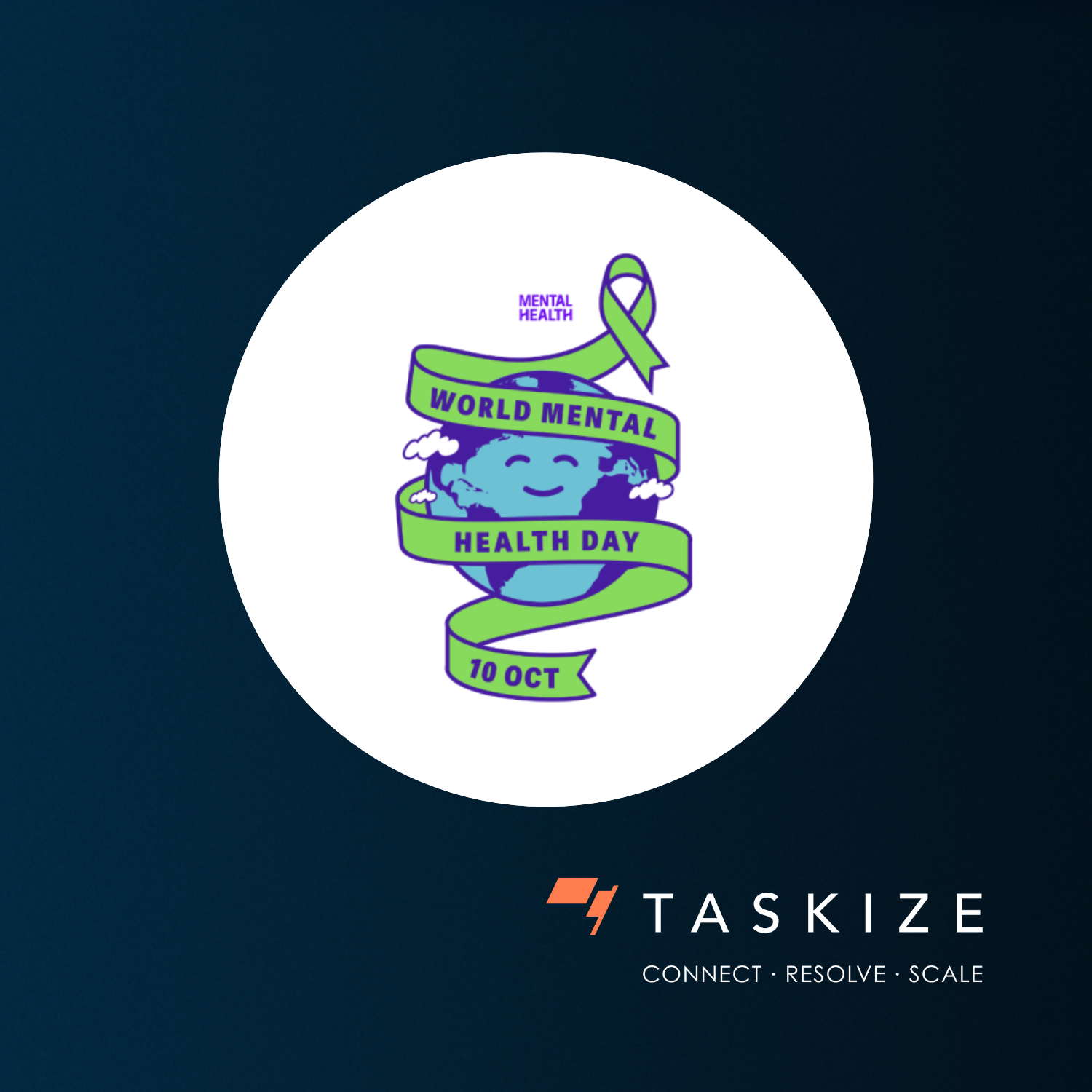'Taskize Wrapped' – 10 key highlights from 2025
As 2025 draws to a close, the Taskize team came together for an end-of-year Town Hall to reflect on the progress we’ve m …
FinTech’s DEI Discussions Podcast – Episode with Taskize’s CEO on the future of inclusive leadership
In the latest podcast episode of Fintech’s DEI Discussions, Taskize CEO Diederik Geeraerts sits down with host Nadia Edw …
Behind the brand – An interview with the Taskize marketing team
For our final episode of our Team Voices video series, we sit down with Ian, CMO, and Narcisa, Senior Marketing Manager, …
International Securities Services Association welcomes Taskize as newest member
LONDON, 04 November 2025 – Taskize, the leading investment operations collaboration platform and Euroclear-owned fintech …
International Swaps and Derivatives Association
Taskize is proud to be a member of the International Swaps and Derivatives Association.
Taskize named a finalist in the Top 1% Workplace Awards 2025
We’re proud to share that Taskize has been named a finalist in two categories at this year’s Top 1% Workplace Awards:
Meet the Taskize Team: Engineering
In our year-long Team Voices video series, it’s time to meet with engineering. We sit down with James Kerr, one of our D …
World Mental Health Day 2025: Q&A with Taskize’s Head of Talent
Every year on 10 October, the world comes together to mark World Mental Health Day – a reminder of the importance of goo …

